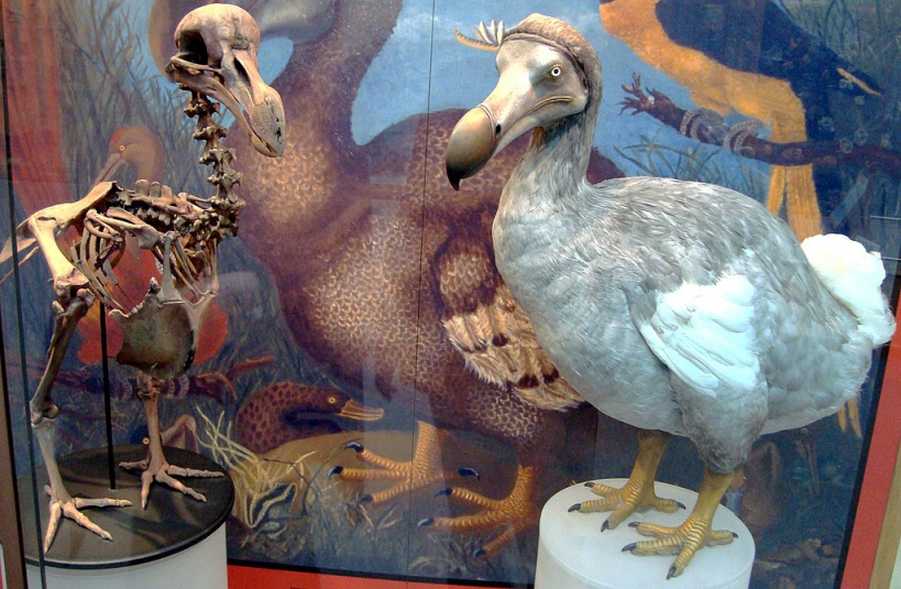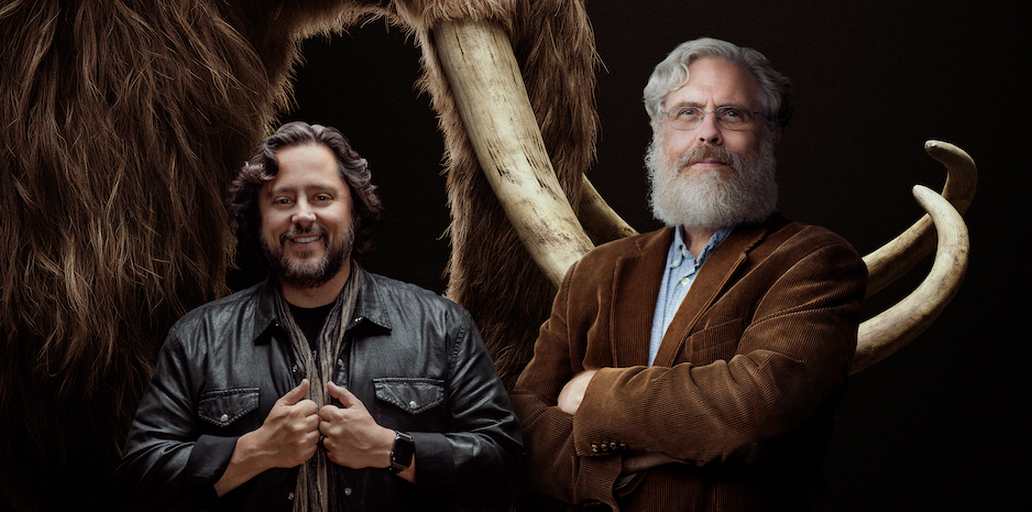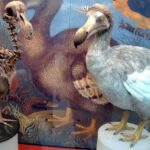Colossal Biosciences raises $120M to revive the Dodo bird and other extinct species, hits $10.3B valuation

The dodo bird, last seen in the 17th century before Dutch sailors hunted it into oblivion, may soon waddle its way back into existence. Dallas-based Colossal Biosciences has secured an extra $120 million to push forward its headline-grabbing de-extinction projects—most famously, the resurrection of the dodo.
The funding extends the company’s Series C round to $320 million, lifting its valuation to $10.3 billion and cementing its position as the highest-profile player in the “de-extinction” space. In January, the company raised $200 million at $10.2 billion valuation.
Founded in 2021 by entrepreneur Ben Lamm and Harvard geneticist George Church, Colossal has quickly become a lightning rod in biotech. Its mission is as audacious as it is controversial: bring back lost species like the woolly mammoth, thylacine, dire wolf, and now the dodo, while building the genetic and reproductive technologies that could reshape modern conservation.

Colossal Biosciences
Since launch, the company has raised more than $555 million, pulling in a roster of high-profile backers that now includes filmmaker Peter Jackson, the U.S. Innovative Technology Fund, and venture capitalist Bob Nelsen. The initial Series C was led by TWG Global, the holding company of Los Angeles Dodgers owner Mark Walter and former Pittsburgh Steelers chairman Thomas Tull.
From Extinction to Resurrection: Biotech Startup Colossal Raises $120M to Bring Back the Dodo Bird
The four-year-old startup told Bloomberg that it had “made a big step in avian science,” by growing a type of pigeon cell in a lab — an advancement the company said opens the door “to new ways of protecting endangered birds and possibly bringing back extinct ones,” including the dodo.
“Our progress in building the tools needed for de-extinction has been met with incredible support from the investment community,” Lamm said.
The appeal for investors goes far beyond spectacle. Colossal’s breakthroughs—spanning CRISPR-based gene editing, reproductive biology, and computational genomics—carry implications for saving species still alive today. By developing methods to edit, culture, and preserve avian and mammalian cells, Colossal is creating tools that could be applied to protect endangered populations, restore lost genetic diversity, and even re-engineer disease resistance. Mark Walter called out that broader scope earlier this year, describing Colossal as a company “driving impactful advancements in conservation” through the intersection of AI, computational biology, and genetic engineering.
The company’s latest milestone came from its Avian Genetics Group, which achieved the world’s first long-term culture of pigeon primordial germ cells, the embryonic precursors to sperm and eggs. Those cells had previously only been grown from chickens and geese. Sustained over two months with cell populations doubling every 35 hours, the breakthrough opens new pathways for gene editing across a wider range of bird species. “Our avian team’s breakthrough in deriving culture conditions that allow pigeon primordial germ cells to survive long-term is a significant advancement for dodo de-extinction,” Lamm said. Chief Science Officer Beth Shapiro described it as “a transformative tool for avian conservation,” one that could enable genetic rescue strategies for threatened birds by restoring diversity at the cellular level.
At the center of the dodo project is the Nicobar pigeon, the closest living relative of the extinct bird. Colossal has built a breeding colony in Texas and sequenced high-quality genomes of the Nicobar, the tooth-billed pigeon, and the Rodrigues solitaire to identify the genes that gave the dodo its unique traits. The plan is to insert those genetic edits into Nicobar pigeon germ cells and then implant them into chicken eggs that can act as surrogates. Some of those engineered birds have already reached sexual maturity and begun laying eggs, marking steady progress toward creating hybrid proxies that could eventually be refined into living dodos.
The woolly mammoth project remains the company’s flagship. Colossal envisions a cold-resistant elephant engineered to resemble its Ice Age ancestor. “It will walk like a mammoth, look like a mammoth, and sound like a mammoth,” the company said earlier this year. The first embryos are expected by late 2026, with elephant surrogacy programs moving in parallel. These ambitions may sound like science fiction, but Colossal has assembled more than 170 scientists across Dallas, Boston, and Melbourne to make them real. The team is developing cryopreservation methods for feather pulp cells, AI-driven comparative genomics, and other building blocks that can apply across species.
Critics question whether resurrecting extinct animals could destabilize today’s ecosystems, but Colossal frames its mission as ecological repair. The disappearance of the dodo, for example, disrupted forests in Mauritius. To prepare for reintroduction, the company formed the Mauritius Dodo Advisory Committee, which includes local leaders, scientists, and government officials to map out rewilding strategies. Similar partnerships are forming elsewhere, including a collaboration with the Ngāi Tahu Research Centre in New Zealand to explore restoring the moa. Beyond de-extinction, Colossal’s techniques could support recovery efforts for living species such as the Mauritian pink pigeon and the red wolf.
For Lamm, the play is about more than resurrecting icons. He sees Colossal as a systems company. “Whether it’s for software or hardware, whether you’re putting satellites in space or you’re trying to make a mammoth, they’re all, at their core, systems models,” he said. That framing helps explain why investors continue to pour hundreds of millions into what might otherwise be dismissed as a sci-fi project. Colossal is building a technology platform that could change the way humans manage biodiversity itself.
Social media has embraced the drama with memes about “Big Dodo Energy” and debates over which species should be revived next. For Colossal, the buzz may help attract talent and capital, but the science is serious. With a $10.3 billion valuation and a pipeline of ambitious projects, the company is betting that extinction doesn’t have to be permanent.





